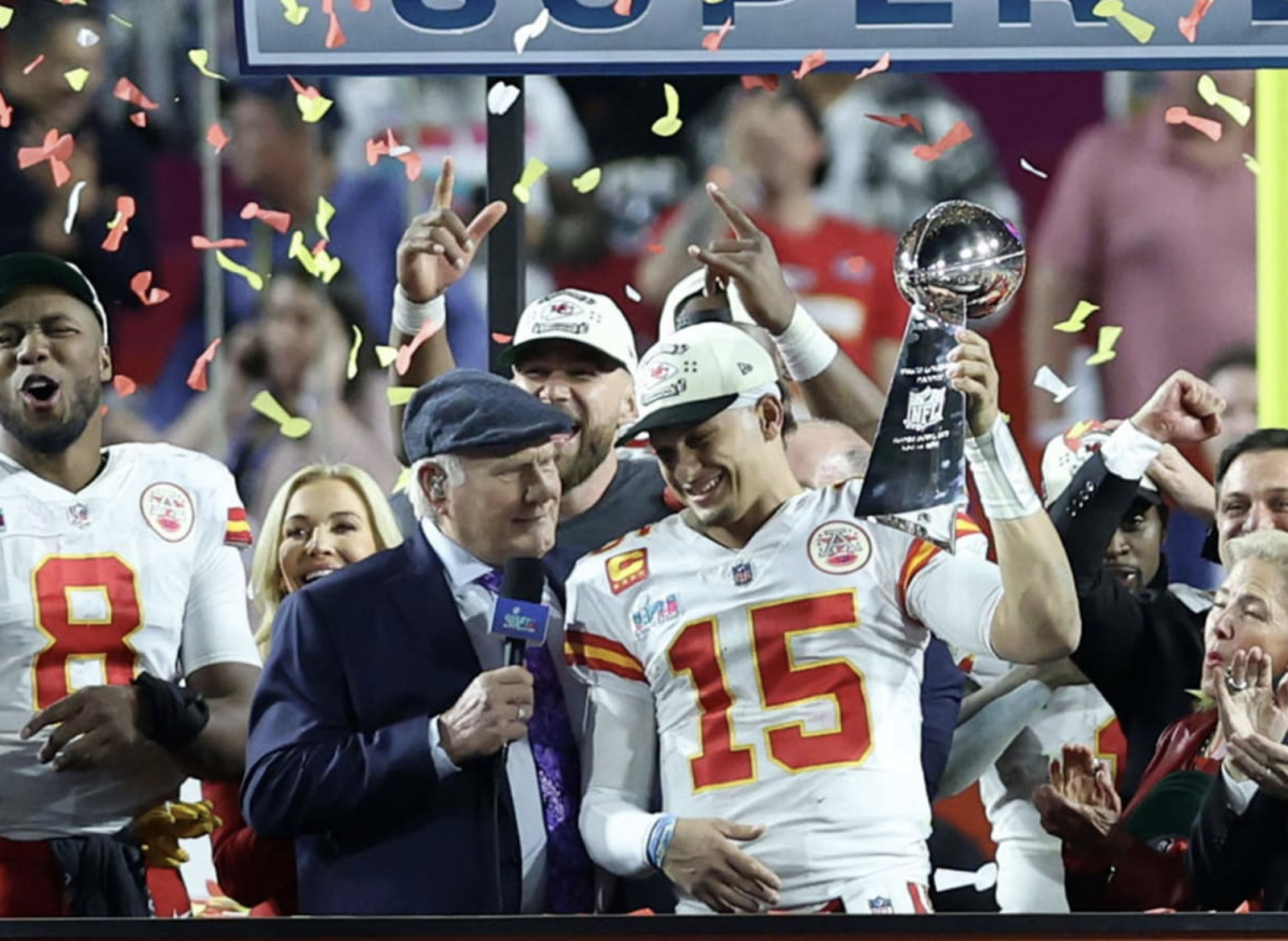With the prospect of great weather and a highly competitive game, NFL fans have traveled from around the country to visit the Valley and experience the pageantry surrounding Super Bowl 57. Behind the scenes, the hospitality industry is excited about the financial boost the event at State Farm Stadium in Glendale could provide on the heels of a challenging pandemic.
Michael Mokwa, a pat Tillman Foundation professor at the W.P Carey School of Business at Arizona State University, conducted research on Arizona’s previous three Super Bowls, looking at the amount of money brought into the economy, rather than the money that is already in the Arizona economy.
READ ALSO: 3 Arizona communities rank among best suburbs in the U.S.
His study, which highlights tourists who visit the state and spend money at restaurants, hotels and stores, found that the largest impact comes from the level of amenities that are purchased, rather than where the money is spent.
“The spread across the Valley is not as important to how much they spent,” Mokwa said. “It’s how high quality of an experience they have in the Valley, and how many of our different communities and the bars, restaurants and events in the communities can go ahead and build up their revenue.”
With the increase of people in Arizona for the Super Bowl, added pressure is placed on restaurants to have sufficient staffs, which has become increasingly difficult since the start of the pandemic. The Arizona Commerce ranked accommodation and food services as the fourth most in-demand industry in Maricopa County, with 190,135 employees in the first quarter of 2022.
“First and foremost, you have to make sure that you’re staffed up,” said Steve Chucri, who is the President and CEO of the Arizona Restaurant Association. “And we are in an increasingly tight labor market, which has added difficulty to hosting big events like this for our industry anyway. But I think it’s not something that isn’t something that we can overcome.”
The influx of people in the area provides logistical issues for restaurants, including a change in their hours. Chucri believes restaurants that would take one day off will stay open and extend their hours to capitalize on the increase in revenue. Some restaurants have decided to hire temporary help with the hope to “bridge the chaos.”
In addition to the staffing issues, restaurants must have enough inventory to accommodate the increase in demand.
“So, from a supply chain standpoint, you’ve got to order a lot more typically than you would because the last thing you want to do is run out of food or have to take menu items off the menu at six o’clock at night,” Chucri said.
Much like restaurants, hotels are preparing themselves to capitalize on the economic boom. Mark Vinciguerra, the general manager of the Phoenician Scottsdale resort, said he feels “pretty certain that all hotel rooms will be sold out for the duration of the week. There’s even demand from hotel guests, the local community and other hotel guests for our golf course and spa.”
Arizona has hosted three Super Bowls before Super Bowl 57, providing perspective to how well the festivities are operated in Arizona. Many point to Super Bowl 49, which was the last time the Valley organized the game. The 2015 Super Bowl pumped $720 million into the economy, according to the L. William Seidman Research Institute at the W.P. Carey School.
The Super Bowl in 2015 was also unique because Arizona hosted the Pro Bowl during the weekend before, becoming only the third city to host both events in the same year. Mokwa said people visited for the Pro Bowl and stayed through the Super Bowl, creating a greater economic boost in 2015.
The economic impact studies have helped explain the impression the Super Bowl left on Arizona for the first time in 1996, which was the only game played at Sun Devil Stadium. In 2008 and 2015, the event moved to Glendale and State Farm Stadium, home to the Arizona Cardinals.
As each Super Bowl passes, Arizona’s businesses learn new techniques and ideas to help prepare for the next big event, whether it’s a Super Bowl or another major sporting event like the Fiesta Bowl. For Chucri – who has served as the President and CEO of the Arizona Restaurant Association for 21 years – the knowledge of previous events is valuable when planning for other large events.
“As you experience more of these major events, you get better at them, right,” Chucri said. “And so, we learn from the past, and it’s about progress, not perfection, but we learn from history. And so it makes us better at our craft.”
Authors: Jake Seymour and Ciaran J Doyle, Cronkite News




